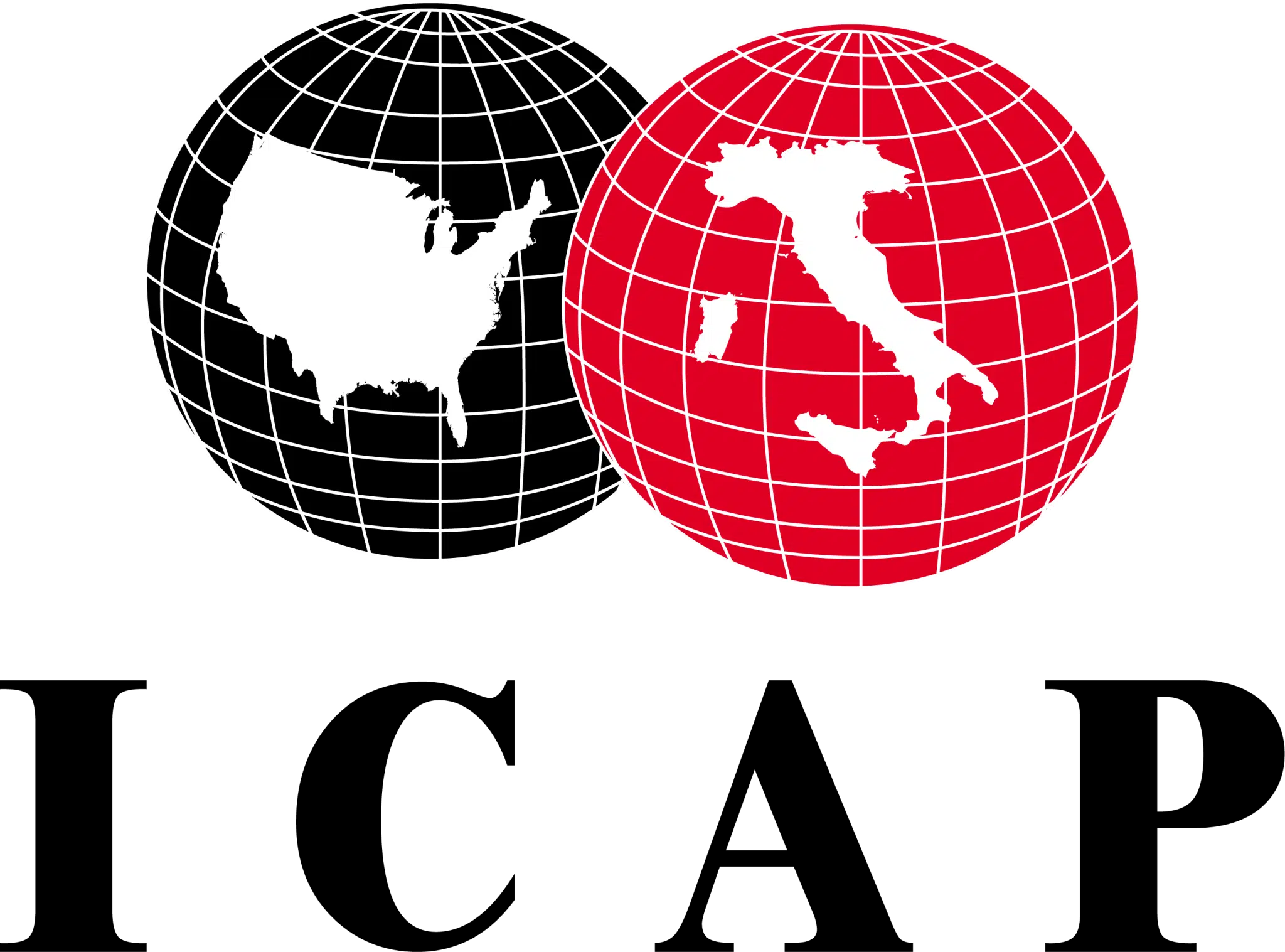Overview of Italian Citizenship Through a Female Ancestor
Applying for Italian citizenship through a female ancestor sometimes requires a specialized process known as a 1948 court case. This process is necessary due to historical gender discrimination in Italian citizenship laws. Before January 1, 1948, women couldn’t pass citizenship to their children. Consequently, if your female ancestor gave birth to the next descendant in your direct line before this date, you would be excluded from citizenship by birthright, necessitating legal intervention to establish citizenship.
The 1948 court case process involves submitting your application in an Italian court, typically through legal representation, since the case must be filed in Italy. ICAP will help you gather and prepare your documents for the court case while working closely with our partner law firm in Italy, which specializes in these cases. Our partner law firm will represent you in the Italian courts, meaning you do not have to be present, and will ensure a smooth application in the courts.
Reasons to Apply Through a Female Ancestor
Steps of Applying for Citizenship Through a Female Ancestor
At ICAP, we simplify your Italian dual citizenship journey with strong local ties and dedicated team members in towns across Italy. We ensure a smooth and efficient application process from start to finish.
Applying Through a Female Ancestor FAQ
Absolutely! Eligible family members of the same lineage can apply for Italian citizenship together, regardless of their consulate jurisdiction.
If there is any female in your direct line who gave birth to your next ancestor prior to January 1, 1948, you would need to apply through a 1948 court case.
Timelines for citizenship cases vary based on government processing times and the specific Italian court’s caseload. Typically, the process takes about 3 to 5 years.
Although it may seem costly, pursuing citizenship through the courts can sometimes be more affordable than through the consulate. Family members share documents, reducing duplication, and attorney and court fees can be divided among applicants.
